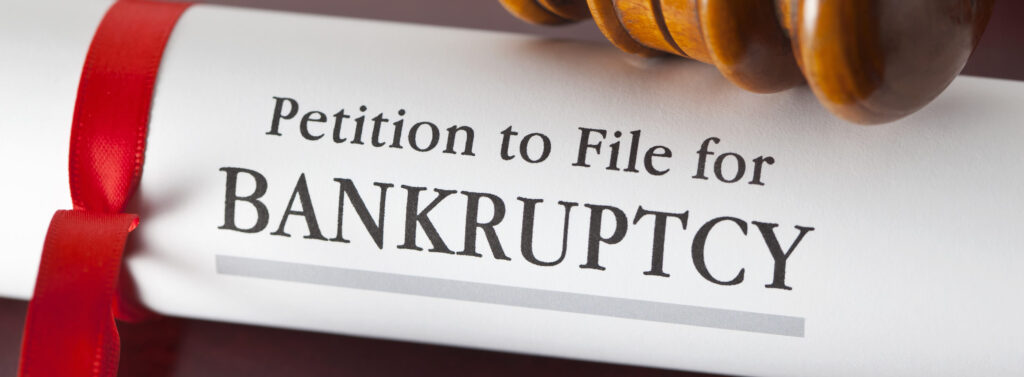
An Initial Look at Bankruptcy Reform Legislation
Recently, there has been a great deal of discussion about bankruptcy abuses and a new law designed to curb them. The Bankruptcy Abuse Prevention and Consumer Protection Act of 2005 (the “Act”) was signed into law by the President on April 20, 2005. The Act, which takes effect on October 17, 2005, contains several changes to the Bankruptcy Code that will significantly help lenders and other creditors.
The general impetus of the Act, long supported by banks and credit card companies, is to make the discharge of debts more difficult and to require greater repayment to creditors in Chapter 13 cases. This is accomplished by requiring a “means test” to overcome a presumption of abuse by debtors. The means test requires the debtor to base expenses on amounts specified in published National and Local Standards and those provided by the Internal Revenue Service for the debtor’s local. If income exceeds expenses in excess of specific requirements, there is a presumption in favor of dismissal of the bankruptcy case. This law is much tougher on debtors than the current law, where dismissal occurs only where there is substantial abuse.
Those debtors with income above the state’s median level who can pay at least $6,000.00 over five years, or $100.00 a month, will not likely be able to sustain a Chapter 7 case. The presumption of abuse also extends to debtors whose income less expenses exceeds 25 percent of the debtor’s nonpriority unsecured claims. This will likely force more debtors into filing Chapter 13 cases, which will require greater repayment of debt through reorganization plans.
The Act also contains revisions regarding dischargeability as well as treatment of secured creditors in a Chapter 13 case. Cash advances of $750.00 or more obtained on or within 70 days of filing would be presumed as nondischargeable as well as luxury goods costing $500.00 or more incurred on or within 90 days prior to filing. In Chapter 13 cases, currently debtors are permitted to value secured claims such as automobile loans as secured only to the extent of the value of the collateral. Under the Act, this “cram down” of secured debts would be prevented unless the debt is more than 2 1/2 years old for automobiles or one year old for other property. For those debts which are not that old, the obligation will remain valued at the secured debt amount, ostensibly leading to higher repayment.
Other significant changes in the Act include requirements that debtors must receive credit counseling before filing bankruptcy and that they submit tax returns to the trustee. The Act also provides for the permanent re-enactment of Chapter 12, which allows for the reorganization of family farmers, and contains a provision that designates the appointment of an additional Bankruptcy Judge in the Eastern District of North Carolina.
The Act will have a significant effect on both creditors and debtors. With the new law taking effect later this year, attorneys and their clients should begin thinking about its implications today.

